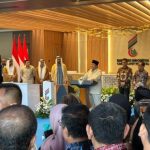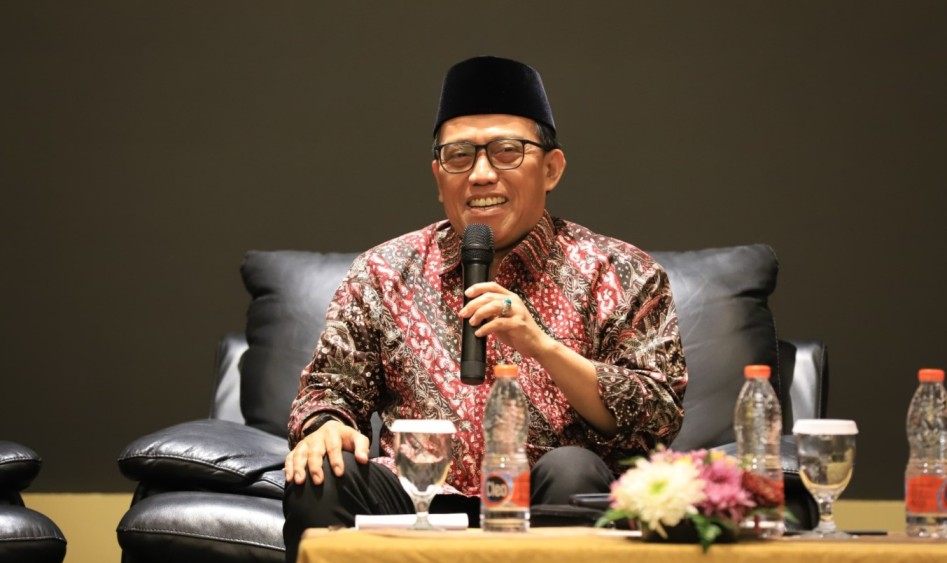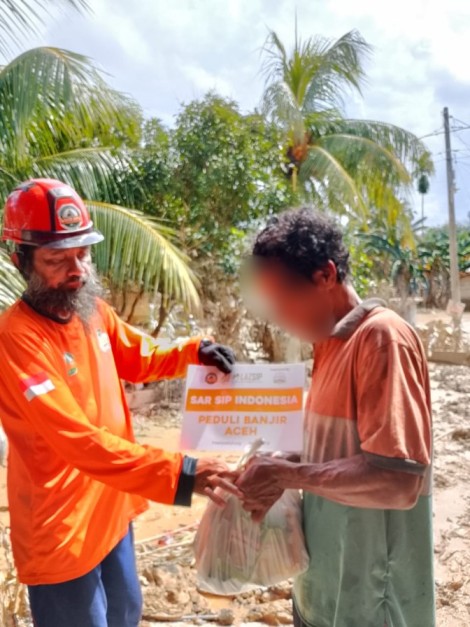Jakarta (Indonesia Window) – Indonesia and the Latin American economic bloc known as MERCOSUR launched comprehensive economic negotiations on Thursday (Dec. 16).
The Indonesia-MERCOSUR Comprehensive Economic Partnership Agreement (IM-CEPA) negotiations were launched via a video conference at MERCOSUR’s Common Market Council (CMC) foreign ministers meeting.
The meeting agreed on a joint ministerial statement to launch negotiations towards a comprehensive economic partnership agreement between Indonesia and MERCOSUR.
In the joint statement, Indonesian Trade Minister Muhammad Lutfi, as well as MERCOSUR state ministers consisting of those from Argentina, Brazil, Uruguay and Paraguay, stated that the IM-CEPA was an important milestone in the long-term relationship between Indonesia and the economic bloc.
The IM-CEPA is expected to support job creations, economic growths, reducing business costs, as well as increasing bilateral trade and investment.
Minister Lutfi, representing the Indonesian government in his speech highlighted the importance of adapting and creating breakthroughs in the midst of the pandemic to support efforts to recover the economy.
Meanwhile, Brazilian Minister of Foreign Affairs Carlos França, who is also the President of Pro Tempore MERCOSUR, emphasized that the IM-CEPA could open up various economic opportunities.
The IM-CEPA negotiations will cover a wide range of areas including market access, trade and investment facilitation, and cooperation taking into account individual sensitivities.
Prior to the launch, the two sides had agreed on a scoping paper on the possibility of a comprehensive economic partnership agreement at the pre-negotiation stage for two years.
As a follow-up to the document, the first round of negotiations will begin in early 2022.
With a population of 268 million people, a total Gross Domestic Product (GDP) of 1.9 trillion U.S. dollars and an average GDP per capita of 10,058 U.S. dollars, MERCOSUR offers great potential for Indonesia to expand its market to Latin America and the Caribbean regions.
Reporting by Indonesia Window


.jpg)








